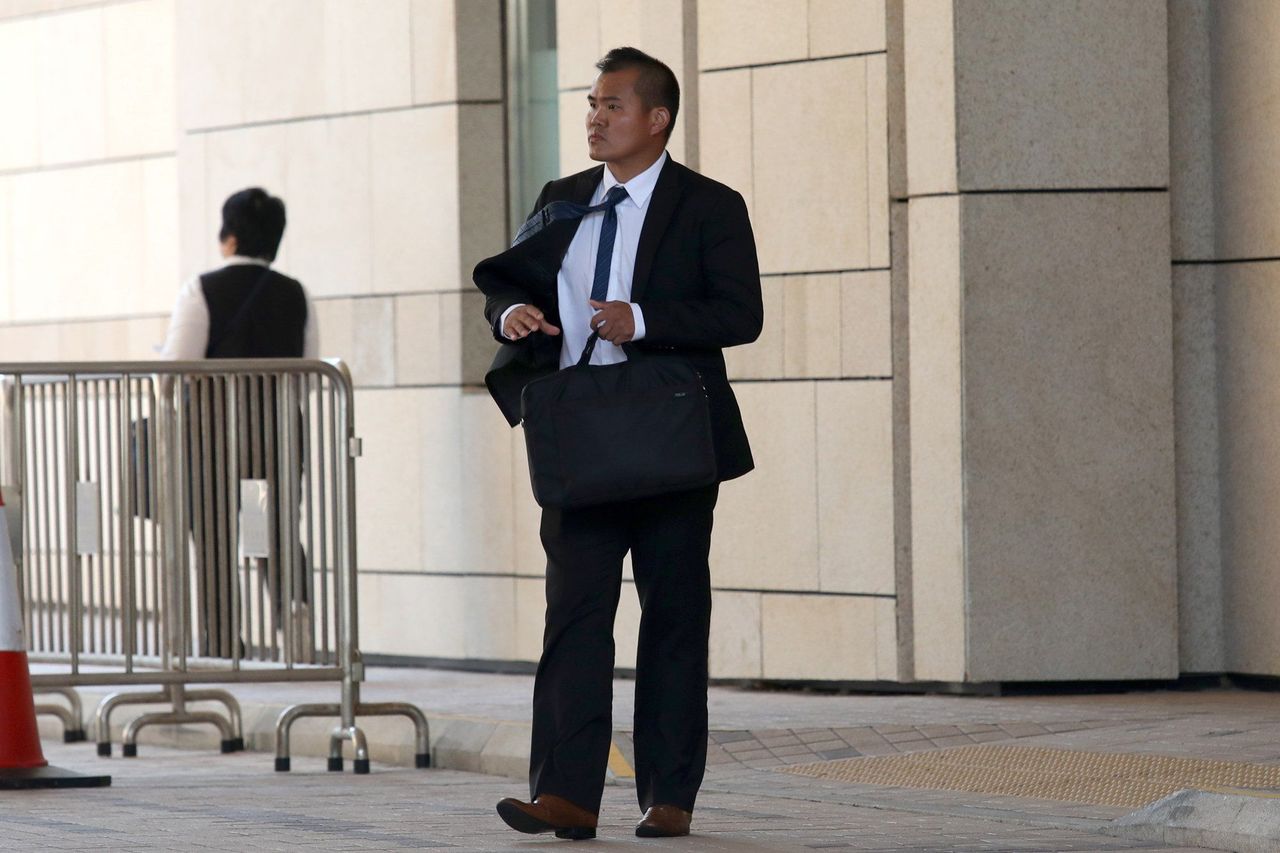Hong Kong News

Hong Kong court quashes inquest finding of unlawful killing by police officer
A Hong Kong police officer has won a judicial review over a jury’s earlier finding that he unlawfully killed a taxi driver whom he put in a chokehold while arresting him in 2012.
Constable Lam Wai-wing previously admitted to an unlawful use of force when he put Chan Fai-wong, who was handcuffed at the time, in the headlock after the suspect refused to enter a police van following a scuffle with a Japanese passenger outside a toll station on the Kowloon side of the Western Harbour Tunnel on November 11, 2012.
Chan was diagnosed with a cervical vertebra dislocation two days later and died the following month at age 65 of bronchopneumonia that he had contracted as a complication of the injury. A five-member jury at the Coroner’s Court returned a rare verdict of unlawful killing by a vote of 3-2 in October 2018. Chan subsequently applied for a judicial review challenging the finding.
In quashing the unlawful killing ruling at the High Court on Friday, Mr Justice Albert Wong Sung-hau said then coroner Ada Yim Shun-yee had oversimplified her directions to jurors to the effect of usurping their role of determining the lawfulness of the officer’s actions.
 Constable Lam Wai-wing leaving court in October 2018.
Constable Lam Wai-wing leaving court in October 2018.“Even if it is a case that the jury might have little difficulty in making up their mind, the issues should have been put before the jury for consideration and decision.”
The coroner had also failed to properly instruct the panel on how to decide whether the constable had intended to apply unlawful force on the deceased and whether the force used was reasonable, Wong added.
The judge ordered the inquest be reopened before another coroner and that Chan’s daughter, listed as an interested party, bear the expenses for the recent judicial review proceedings.
Dr Lee Yuen-lun, an orthopaedic specialist formerly affiliated with the Hospital Authority, told the 2018 inquest that Lam had pulled and twisted the driver’s neck in a movement that was forceful enough to cause a serious spinal injury.
Lam admitted the headlock he put on Chan “must have been an unlawful use of force” and that he knew he might injure the deceased, but said his actions were done unwillingly.
The inquest jury found the spinal injury incapacitating the driver was an indirect cause of death.
They heard that Lam, who was in plain clothes at the time, and Constable Ma Chun-hong, who was in uniform, attempted to carry the handcuffed driver into a police van after detaining him.
Security footage showed Lam putting his hand around Chan’s neck as Ma carried the driver’s legs.
Coroner Yim told the jurors that in order to reach a conclusion the deceased died of manslaughter, they must be satisfied beyond reasonable doubt that Lam had caused the fatal injury, and that his actions were intentional, dangerous and unlawful.
But the coroner remarked there was “no dispute” with respect to the risk and illegality of Lam’s conduct given the constable’s confession in the witness box, so the jury should focus their attention on whether to accept the doctor’s evidence.
In his written judgment, Wong said Yim’s directions meant the jury did not have to consider whether the chokehold was dangerous and unlawful – two of the four key elements the prosecution must prove in a criminal trial of unlawful act of manslaughter.
Wong said those misleading instructions constituted a material error, as it was open for the jury to find the force exercised to be lawful, especially when officers were entitled to use necessary force in certain situations.











